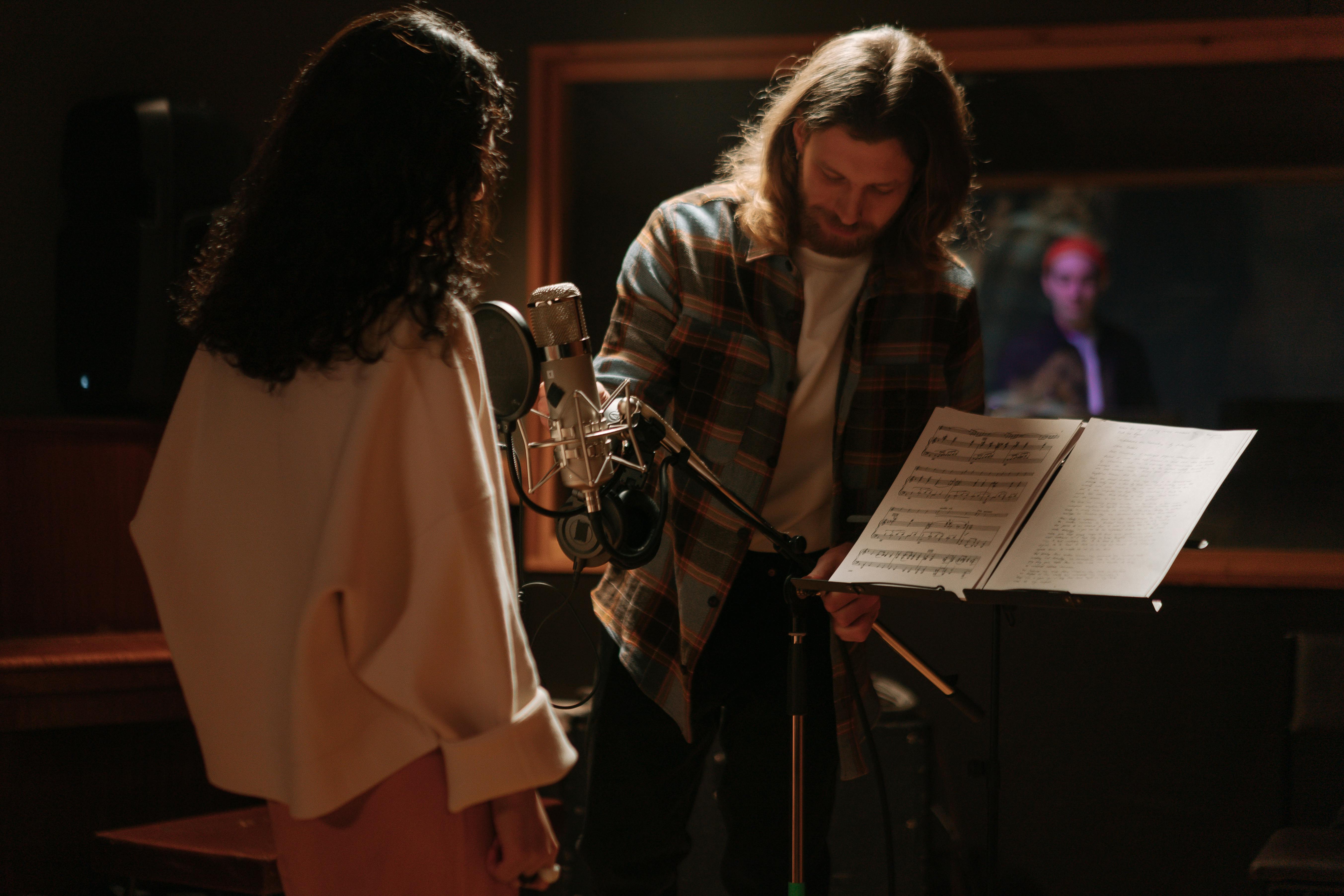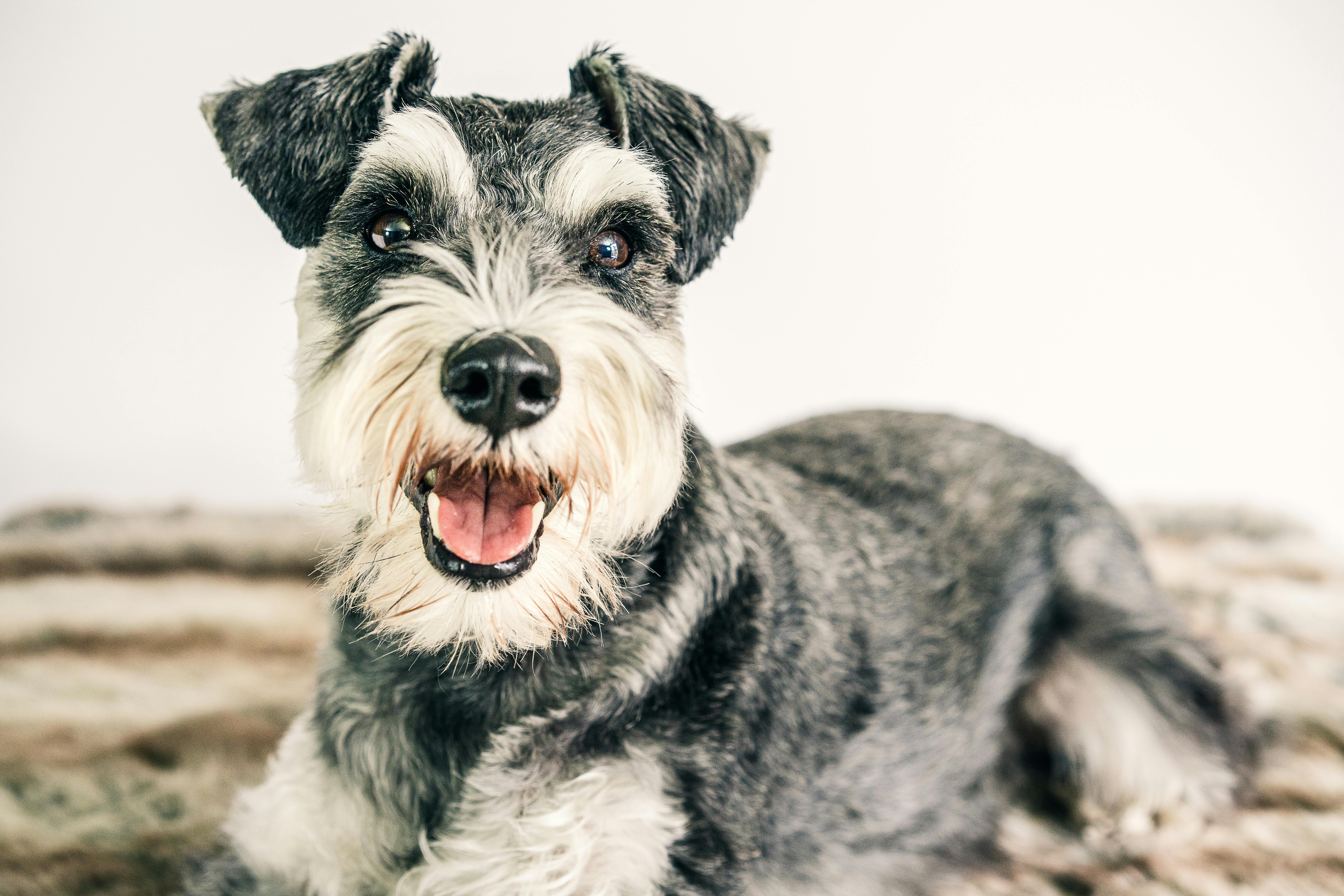
Roofing Material For Your House In Kenya
admin
- 0
There are several factors that determine what type of roof to use for your home.
CLIMATE
In hot desert climates where rainfall is low, flat roofs are very common. Areas like North Africa have many of these roofs.
A flat roof is not exactly ‘flat’. It usually tilts at an angle of 5 to 10 degrees. This angle is not easily noticeable and helps drain water during cleaning or after rain.
In traditional African societies, communities living in arid areas of Kenya, such as Maasai, Samburu, had their shelters made of flat roofs. This is because rain is not common in these areas.
In rainy weather, the roof becomes steep. In snowy regions like Northern Europe, the roof is very steep. [over 45 degrees] to drain the snow. In traditional African societies living in rainy regions like Kisii, Mount Kenya, and Coast, the thatched roof is very steep. [over 60 degrees] to increase surface runoff of rainwater.
COST
Roof materials vary depending on the budget.
In Kenya, thatched roof is the cheapest at KES 180 per square meter.
It is followed by Sheets of Iron. The thinnest grade on the market right now is 32 gauge, which costs around KES 210 per square meter. 30 gauge is around KES 240 per square meter and pre-painted 28 gauge is around KES 500 per square meter.
Concrete roof tiles cost around KES 400 per square meter.
Clay roof tiles cost around KES 630 per square meter in Mombasa. These have the advantage of being light and being made of natural clay without added paint, the rainwater that runs off can be consumed without health problems compared to the others that have paint. The paint contains lead, which is harmful to the human body.
Stone coated steel roof tiles like Harvey, Decra are in the most expensive range costing approx KES 1500 per square meter. They are typically 26 gauge thick and therefore provide a lifetime warranty. Its light weight also generates savings in timber support beams, which will be less than when supporting heavier concrete tiles.
THEME DESIGN AND FORM OF THE ROOF
Curved and cylindrical roofs require special types of materials such as copper and bituminous felts. These felts can easily take the shape of the roof.
Copper felt is expensive. It is usually copper-colored when new, turning greenish as it ages.
Hip roofs are best shingled, as with shingles there will be fewer cuts and therefore less waste. Some steel roof suppliers in Kenya can supply curved roofs. Gabled roofs can be done with any type of roofing products.
Some buildings, such as the Highlands restaurant in Afya Centre, Nairobi, have glass roofs. These give nice views but are expensive to install. A square meter of 10mm structural glass costs approximately 2,800 kes.
Roof pitch can also be used to control costs. The steeper the roof, the larger the surface area, and therefore the higher the cost. Some shingles, such as the Mangalore design, require steep roofs to ensure rapid surface runoff of rainwater and therefore no leakage.
Recreational facilities such as tourist lodges that require rustic natural finishes will opt for thatched roofs that can be shaped into various designs.
frank gichuhi
Architect.

